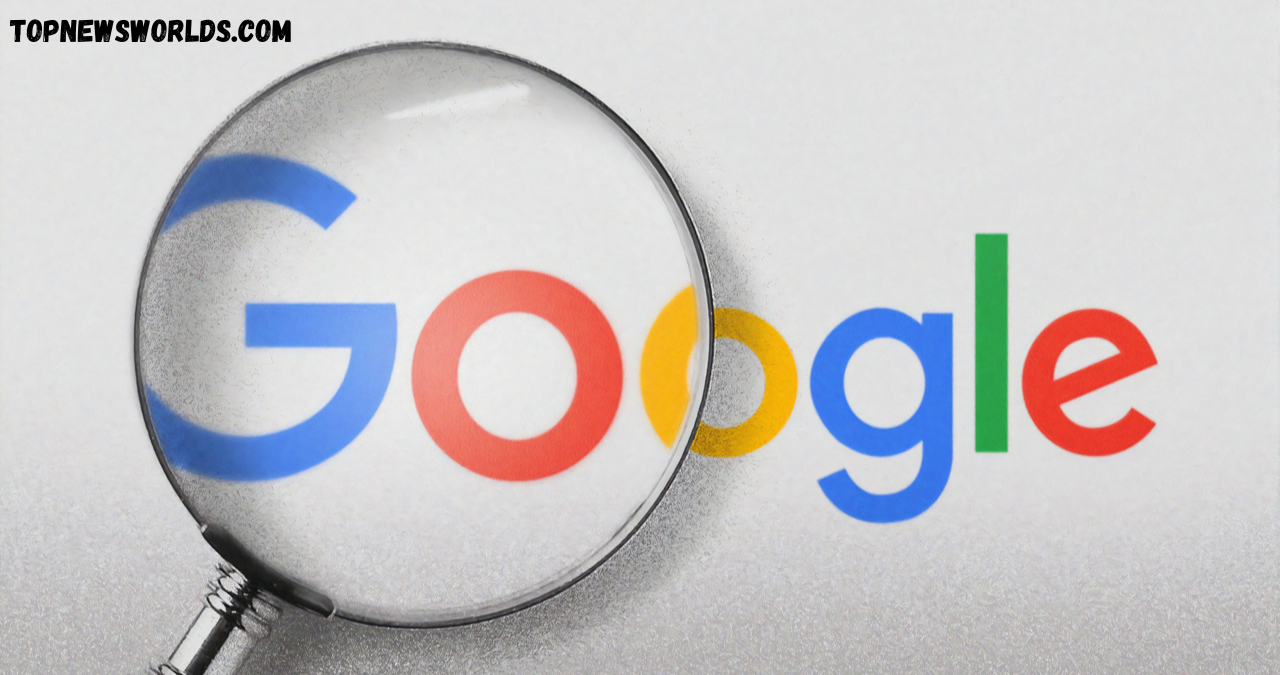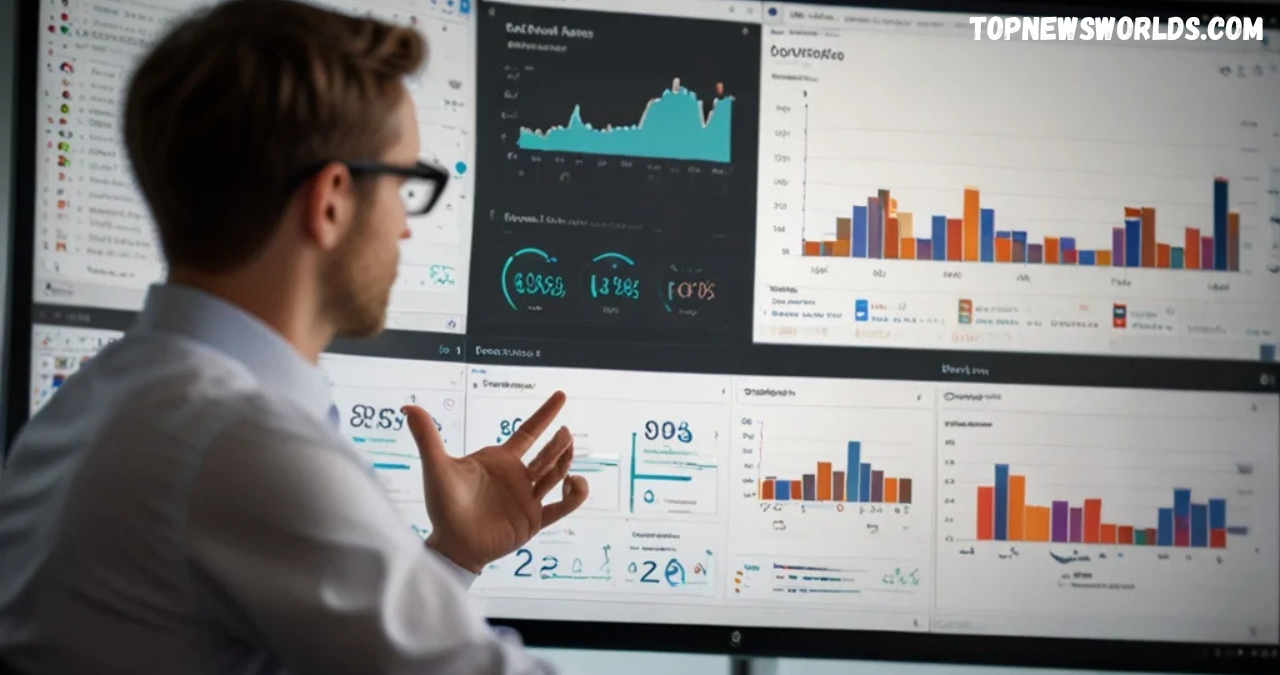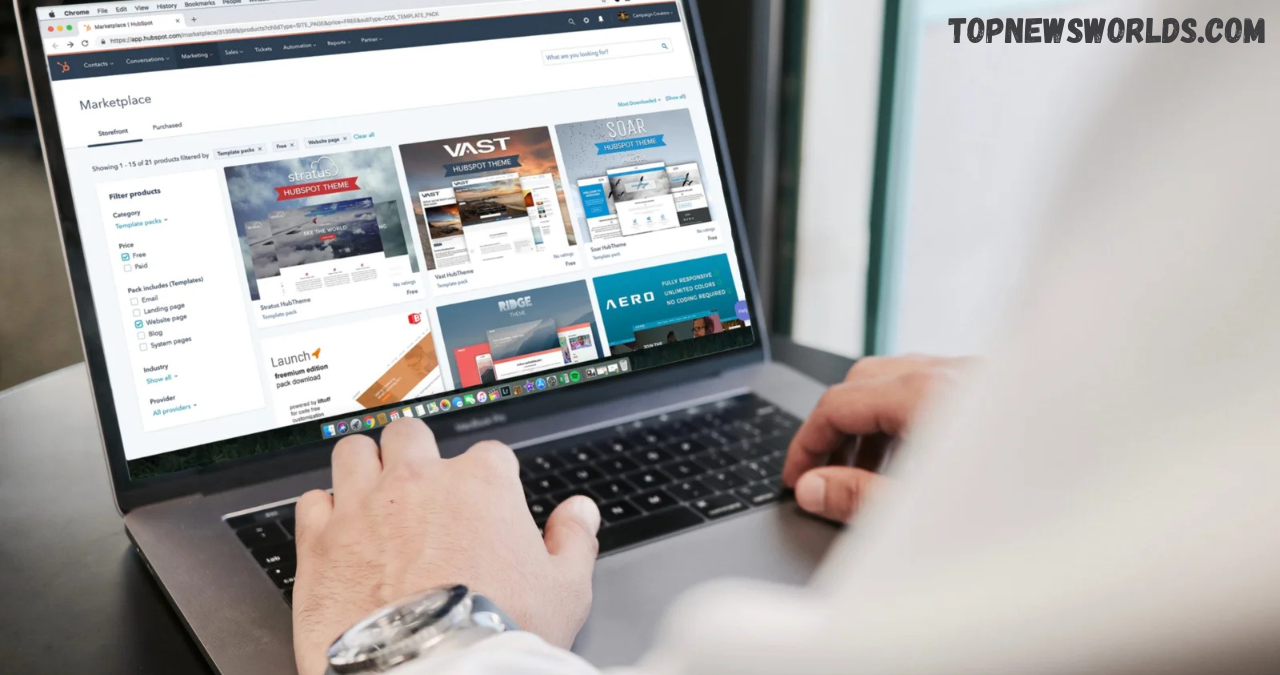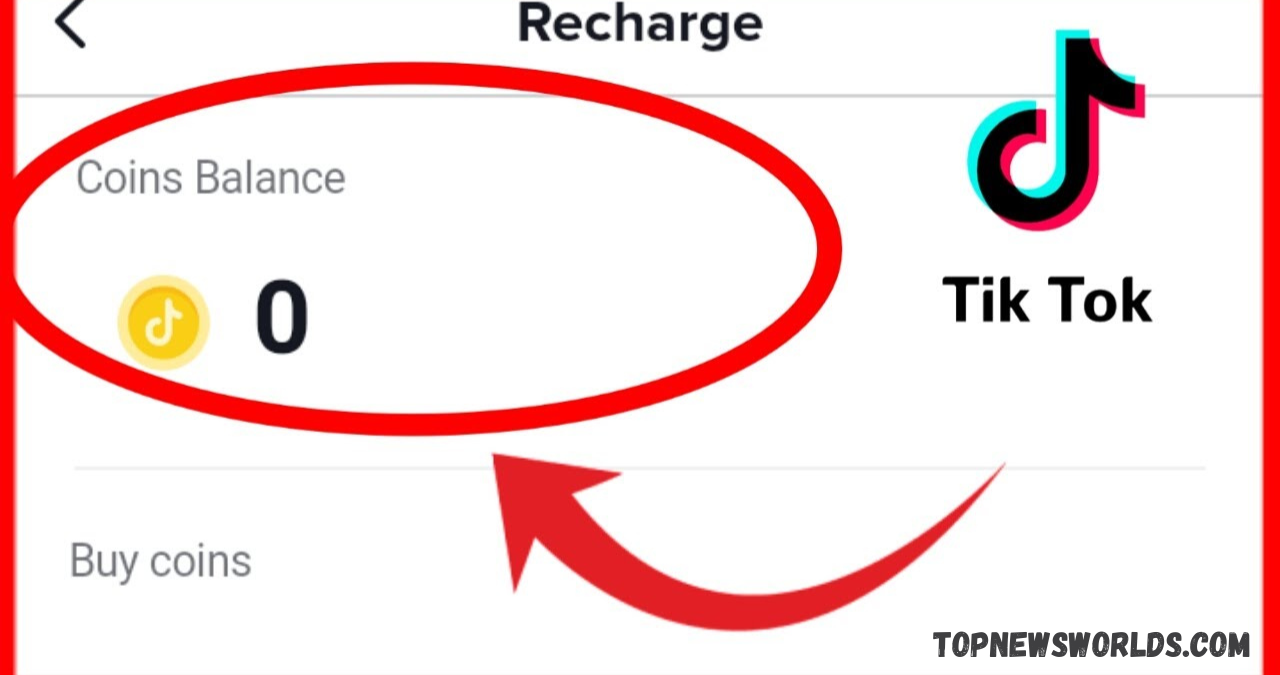The Unblocked Google is often touted as a free space for communication, research, and innovation. Yet, in many places across the globe, access to core digital services like Unblocked Google is not guaranteed. “Unblocked Google” refers to the ability to freely use Unblocked Google search engine and associated services regardless of regional or network restrictions. For students in a high school computer lab, professionals working in a corporate office, or travelers in countries with strict censorship laws, facing a Google block can be a major roadblock to productivity and learning.
Google isn’t just a search engine—it is a gateway to a universe of tools such as Gmail, Google Drive, Unblocked Google Docs, and YouTube. When access is denied, the disruption can be more than an inconvenience; it can halt academic, professional, and creative endeavors. Understanding why Google gets blocked and how to navigate around such restrictions is crucial in today’s digital age.
This guide explores the landscape of internet censorship and the methods to restore access to Google safely and legally. We’ll examine the tools at your disposal, the ethical considerations involved, and the importance of protecting your privacy while doing so. Whether you’re a digital nomad, a curious student, or someone living in a restricted country, this guide aims to equip you with the knowledge to stay connected to the world.
Why Is Unblocked Google?
In countries like China, Iran, and North Korea, access to Unblocked Google is often entirely blocked by government-mandated internet filters. These restrictions are typically implemented to control the narrative within a nation, suppress dissent, and prevent access to information that the authorities consider harmful or destabilizing. China’s infamous “Great Firewall,” for example, is a sophisticated system of censorship tools designed to regulate what Chinese citizens can access online. Google, being a global search engine with unfiltered results, conflicts with these regulatory frameworks, making it a frequent target for blocking.
The idea behind such censorship is to limit exposure to content that contradicts the government’s policies or worldview. In some regions, even using VPNs or alternate tools to access Unblocked Google can be criminalized, placing users in legal jeopardy. This makes it essential for users to be fully aware of the risks and implications of attempting to bypass these controls.
Network-Level Restrictions
In addition to national censorship, Google can also be blocked at the local network level. Many schools, workplaces, libraries, and public Wi-Fi networks impose filters to reduce distractions, protect against malware, or maintain bandwidth efficiency. Administrators use firewall settings and DNS filtering to restrict access to social media, video streaming, and yes—Google services.
For example, a school might block YouTube to prevent students from getting distracted during class time. However, this also cuts off access to valuable educational content that might be hosted there. Employees in a corporate office might find Gmail or Unblocked Google Drive inaccessible to ensure they use only company-approved communication platforms. While often well-intentioned, these restrictions can sometimes hinder legitimate use cases.
How to Unblock Google Methods and Tools
A VPN is perhaps the most effective and secure method to unblock Unblocked Google. It works by creating an encrypted tunnel between your device and a server located in a different, unrestricted region. This masks your IP address and makes it appear as though you’re accessing the internet from a different country. Services like NordVPN, ExpressVPN, and ProtonVPN are renowned for their reliability and security features.
When using a VPN, you can bypass both local and national restrictions seamlessly. It also adds a layer of encryption, protecting your data from snooping. However, not all VPNs are created equal. Free VPNs often log your data or throttle your speed, which can compromise your privacy and performance. Always opt for a reputable, paid service with a no-logs policy to ensure your activity remains private.
Proxy Websites and Mirror Sites
Proxies serve as intermediaries between your device and the internet. They can help you access blocked websites by rerouting your requests through a different server. Unlike VPNs, proxies usually don’t encrypt your traffic, making them faster but less secure. Free proxy websites can be handy for quick access, but they come with risks such as malware, intrusive ads, and poor reliability.
Mirror sites are clones of the original site hosted on different domains. If Google.com is blocked, a mirror might still be accessible. These are more common with websites like Unblocked Google Scholar or Google Translate, but finding a reliable mirror can be hit or miss. Users should be cautious and verify the authenticity of such sites before use.
The Tor Browser and Onion Routing
The Tor Browser is another powerful tool for bypassing censorship. It uses a network of volunteer-run servers (nodes) to route your traffic in a way that conceals your IP address and browsing activity. This makes it extremely difficult for any observer to track your online behavior or determine your destination site.
Tor is especially useful in highly censored environments where conventional VPNs and proxies might be blocked. However, it’s slower than other options due to its complex routing mechanism. It’s best suited for accessing text-heavy Google services like Search or Translate rather than video-based platforms like YouTube.
Changing DNS Settings
Another simple method to regain access to Google is by changing your device’s DNS settings. Many networks use DNS filtering to block specific sites. By switching to public DNS services like Google DNS (8.8.8.8), Cloudflare (1.1.1.1), or OpenDNS, users can sometimes bypass these restrictions.
While DNS switching isn’t a foolproof method, it’s easy to implement and requires no additional software. Just remember that it doesn’t provide encryption or anonymity, so it’s best used in conjunction with other tools for full protection.
Accessing Specific Google Services When Blocked
Google Search is one of the most commonly blocked services in censored environments. Luckily, alternatives exist. Search engines like StartPage and DuckDuckGo use Google’s search algorithms but display results in a privacy-focused interface. They often remain accessible even when Google.com is blocked.
Alternatively, using a VPN or Tor can fully restore access to the original Google Search. Some users also access Google via mobile apps that may not be blocked or use browser extensions that change search engine behavior.
Gmail and Google Workspace
Blocked Gmail access can be frustrating, especially for professionals and students. Using email clients like Thunderbird with IMAP settings allows users to send and receive emails even if the web interface is restricted. VPNs can also unblock the full Gmail experience.
Google Workspace (Docs, Sheets, Calendar) can be accessed offline with pre-installed apps. While offline editing won’t allow real-time collaboration, it provides temporary relief until a connection is restored.
Google Drive and Docs

Google Drive and Docs are essential for file sharing and collaboration. When blocked, they can be accessed via VPN or Tor, but offline editing is also a helpful workaround. Syncing documents for offline use ensures you can keep working even without access to the live platform.
File sharing alternatives like Dropbox or OneDrive can temporarily substitute Google Drive, but switching platforms may require effort if your ecosystem is tightly integrated with Google.
YouTube and Google Play
YouTube is often blocked separately due to its video content. VPNs are usually the best way to regain access. You can also use browser extensions or download tools to watch videos offline.
Google Play may restrict app downloads based on your region. Changing your Google account’s location or downloading APK files from trusted third-party sites can help access region-locked apps.
Risks, Ethics, and Legal Considerations
Bypassing restrictions can be illegal in countries with strict internet laws. In China or Iran, using unauthorized VPNs can result in fines or imprisonment. It’s crucial to research your country’s stance before attempting to unblock any service.
In institutional settings like schools or workplaces, bypassing filters could violate terms of service and lead to disciplinary action. Always weigh the risks before proceeding.
Privacy and Security Risks
Free tools often come with a cost—your data. Untrusted proxies or VPNs can log your browsing history, inject ads, or even install malware. Stick to reputable services with clear privacy policies.
Using public Wi-Fi without encryption leaves your data vulnerable. Make sure to use HTTPS everywhere and enable two-factor authentication on your Google account.
Ethical Considerations
Unblocking Google just to access distractions during school or work hours may be unethical. However, accessing it for research, communication, or professional needs in censored environments often justifies the effort. Respect policies, but know your rights to information as well.
Conclusion
Google remains an indispensable tool for billions worldwide. Whether it’s for communication, research, or entertainment, being blocked from Google can feel like a digital shutdown. Fortunately, with the right tools—VPNs, proxies, DNS changes, and browsers like Tor—you can often restore access safely and effectively.
While unlocking Google can be empowering, always be mindful of the legal and ethical implications. Use trustworthy tools, respect institutional policies when necessary, and prioritize your digital security. In an increasingly restricted online world, knowing how to unblock essential services like Google can be the key to staying informed, connected, and productive.
Frequently Asked Questions (FAQs)
Is it illegal to unblock Google in countries where it is restricted?
It depends on the country’s laws. In authoritarian regimes, circumventing censorship can be a punishable offense.
What is the best VPN for accessing Google safely?
NordVPN, ExpressVPN, and ProtonVPN are highly recommended for their security and speed.
Can I get in trouble for using Google at school or work via a proxy?
Yes, it may violate your institution’s internet usage policy and result in disciplinary action.
What’s the difference between a proxy and a VPN when accessing Google?
VPNs encrypt all your traffic and hide your IP; proxies only reroute browser traffic without encryption.
Why is YouTube (a Google service) blocked separately from Google.com?
YouTube is often blocked for bandwidth and content control reasons, independent of the broader Google ecosystem.
You May Also Read: https://topnewsworlds.com/about-qullnowisfap-products/




